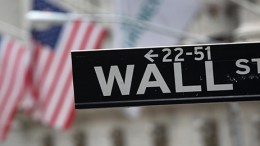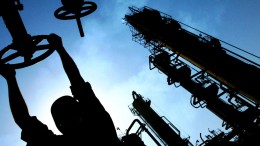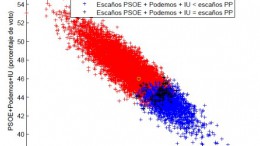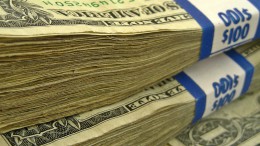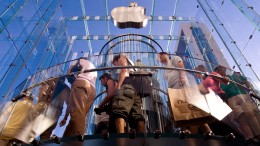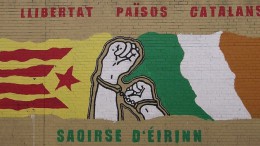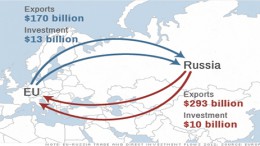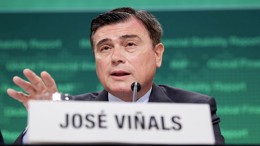Hedge funds face the scrutiny of the market
WASHINGTON | By Pablo Pardo | Steven Cohen, James Simmons, Ray Dalio, John Paulson… And, above all, of course, Julian Robertson and George Soros. Hedge fund managers have been lionized, adored, despised and hated. And for good reason: the success of those investment vehicles is unparalleled. According to the New York Times, there are currently 10,000 hedge funds in the world, and the number is growing, with assets worth $2.8 trillion (€2.2 trillion).

